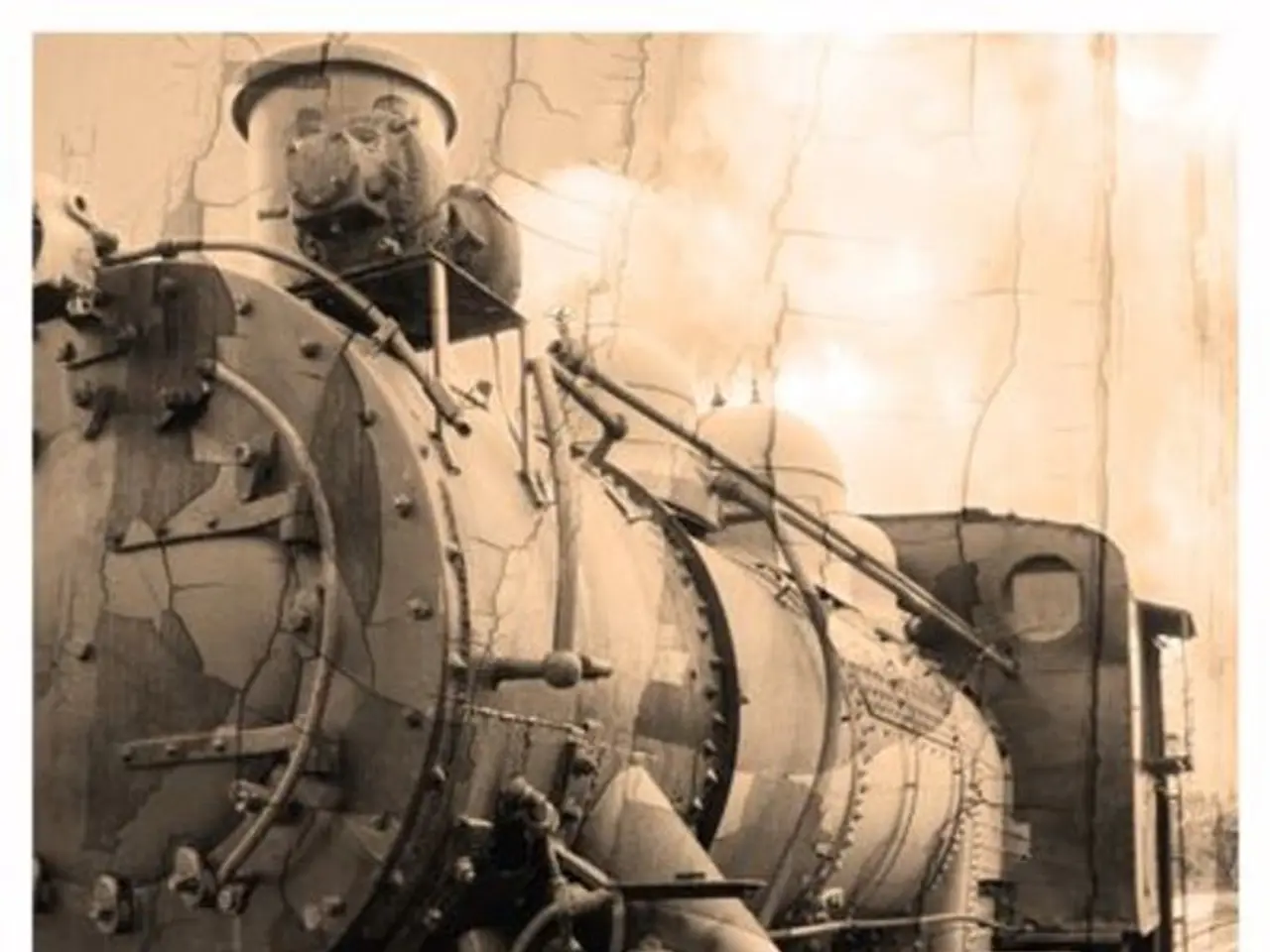Importers remain undeterred by potential tariff increase on aluminum, expressing optimism for expanded sales in the beverage industry.
European beer makers, including Anheuser-Busch InBev, Heineken, and Carlsberg, remain optimistic about growth despite potential threats from U.S. tariffs on imported beer and aluminum packaging. According to Fernando Tennenbaum, Anheuser-Busch InBev's finance chief, local production helps the company to navigate costs and tariffs without altering their outlook on growth.
Carlsberg, whose U.S. exposure is minimal, primarily relies on growth in regions like Africa and Asia. However, U.S.-focused breweries, such as Molson Coors, face greater challenges due to tariffs, which could raise production costs and pricing pressure for European beer companies.
The U.S. Department of Commerce imposed a 25% tariff on imported beer and empty aluminum cans effective April 4, 2025. This applies broadly to all countries, including the EU, which affects European brewers importing into the U.S. market, as increased costs could potentially reduce profit margins or force price increases.
Ongoing trade tensions and the possibility of further U.S. tariffs under the reciprocal tariff policy create an unstable trade environment, complicating strategic planning for European brewers exporting to the U.S.
Although the EU has postponed retaliatory tariffs on U.S. goods, European brewers continue to watch global trade relations closely. It is essential for them to adjust their strategies accordingly to maintain profitability and sustainable growth.
In conclusion, the potential U.S. tariffs on imported beer and aluminum packaging have significantly challenged the growth potential of European brewers like Anheuser-Busch InBev, Heineken, and Carlsberg by increasing costs, complicating market strategies, and inducing cautious investment approaches in one of their key export markets. European brewers must remain vigilant and adapt to the ever-changing global trade environment to secure their continued growth and success.
- The finance department of Anheuser-Busch InBev acknowledges the need for strategic marketing and advertising to counteract potential U.S. tariffs and their impact on business profitability.
- Amidst the uncertainty of ongoing trade tensions and possible future U.S. tariffs, European brewers are increasingly relying on finance-driven initiatives to secure sustainable growth and competitive edge in the global beer industry.
- Adjusting to the volatile global trade environment for exporting to the U.S., European brewers seek innovative financing solutions to minimize costs associated with increased tariffs on aluminum packaging and imports, thus ensuring continued business success in that market.




